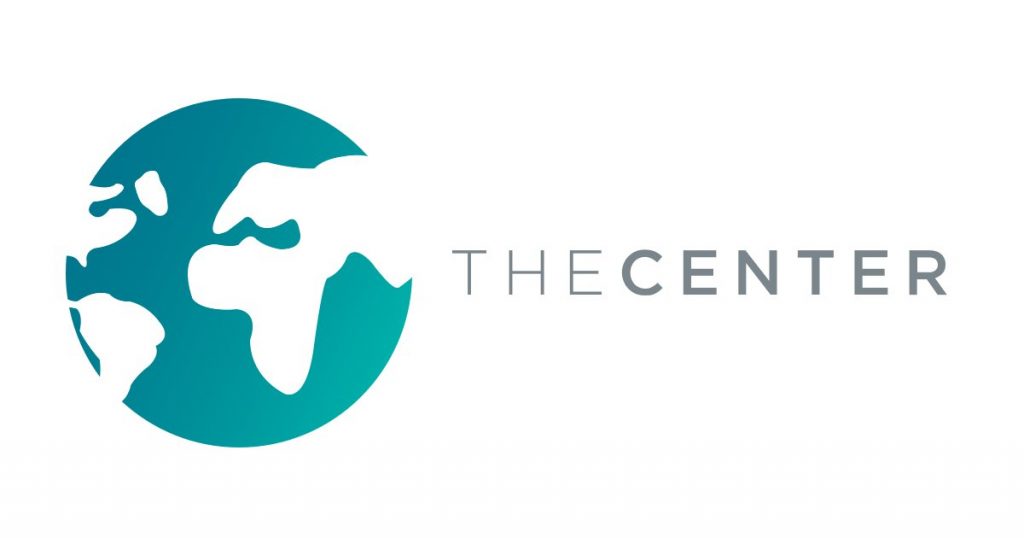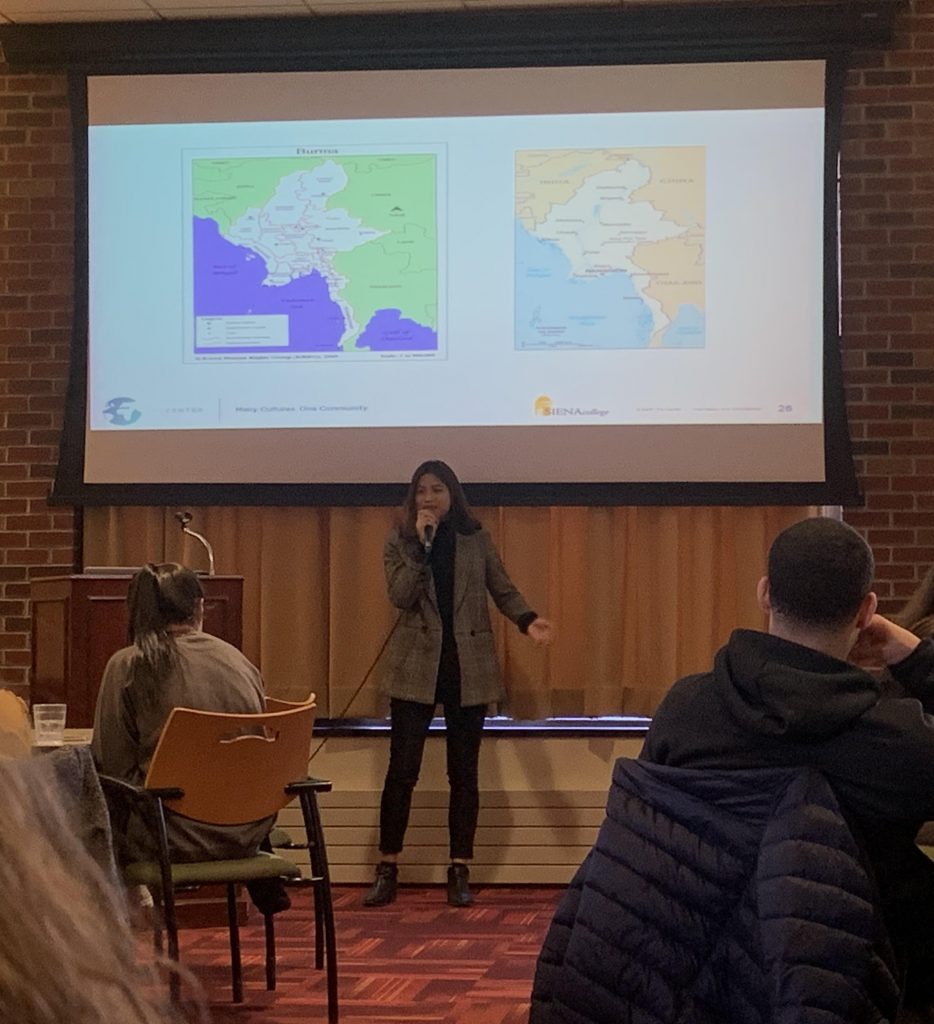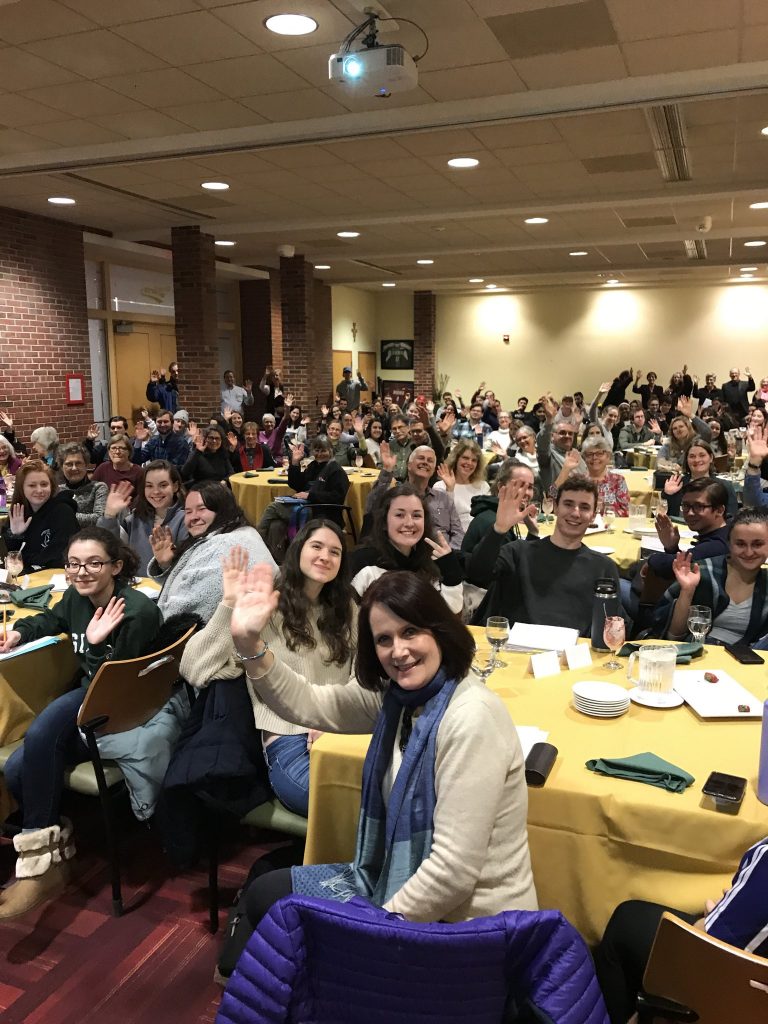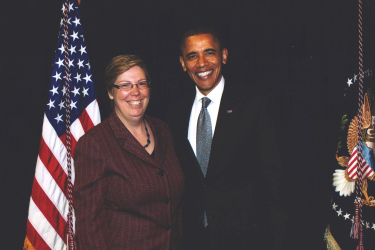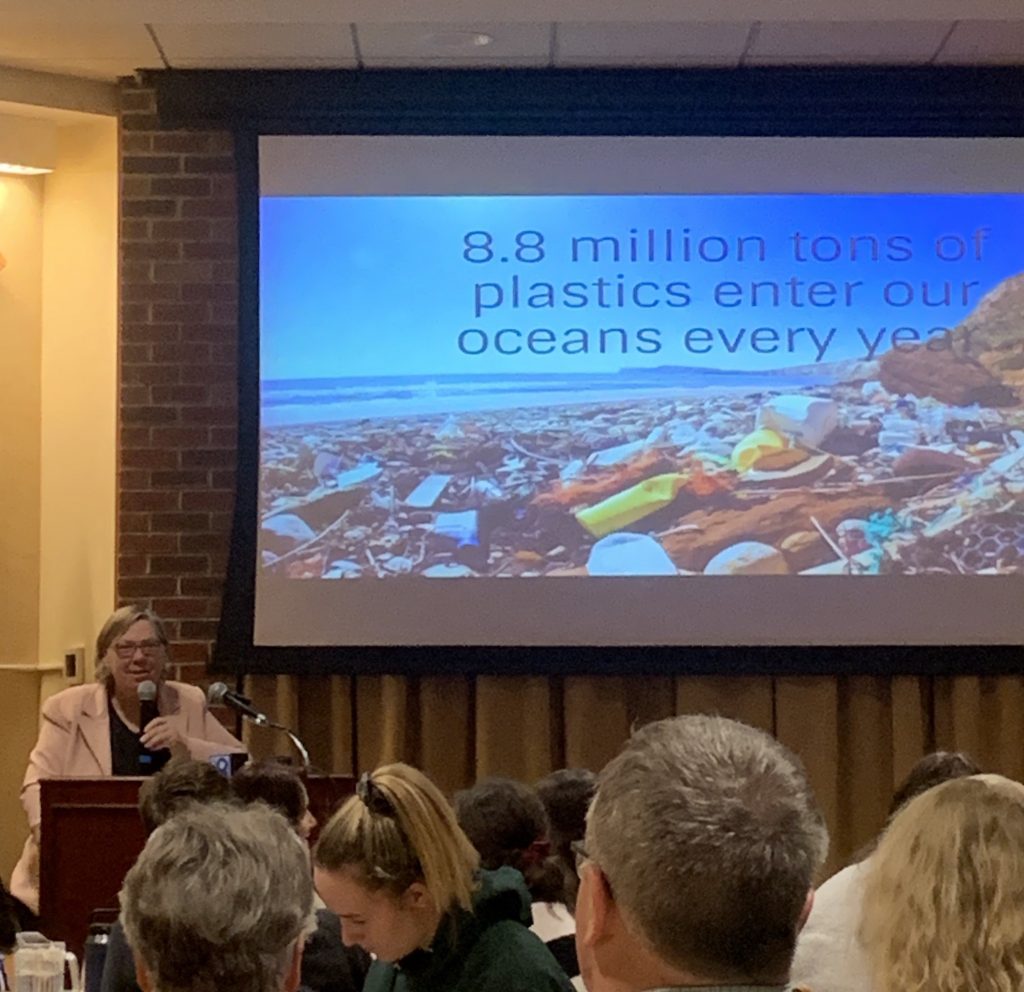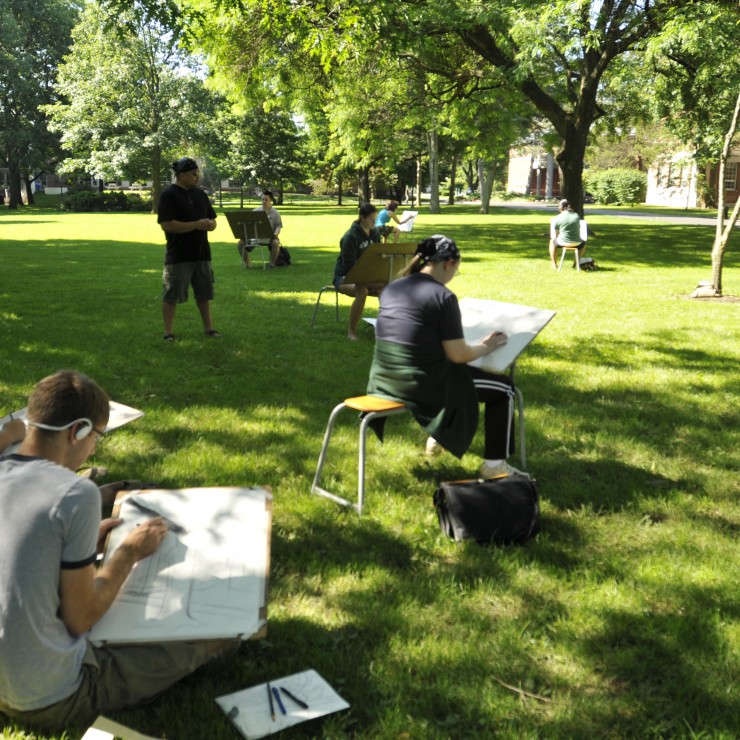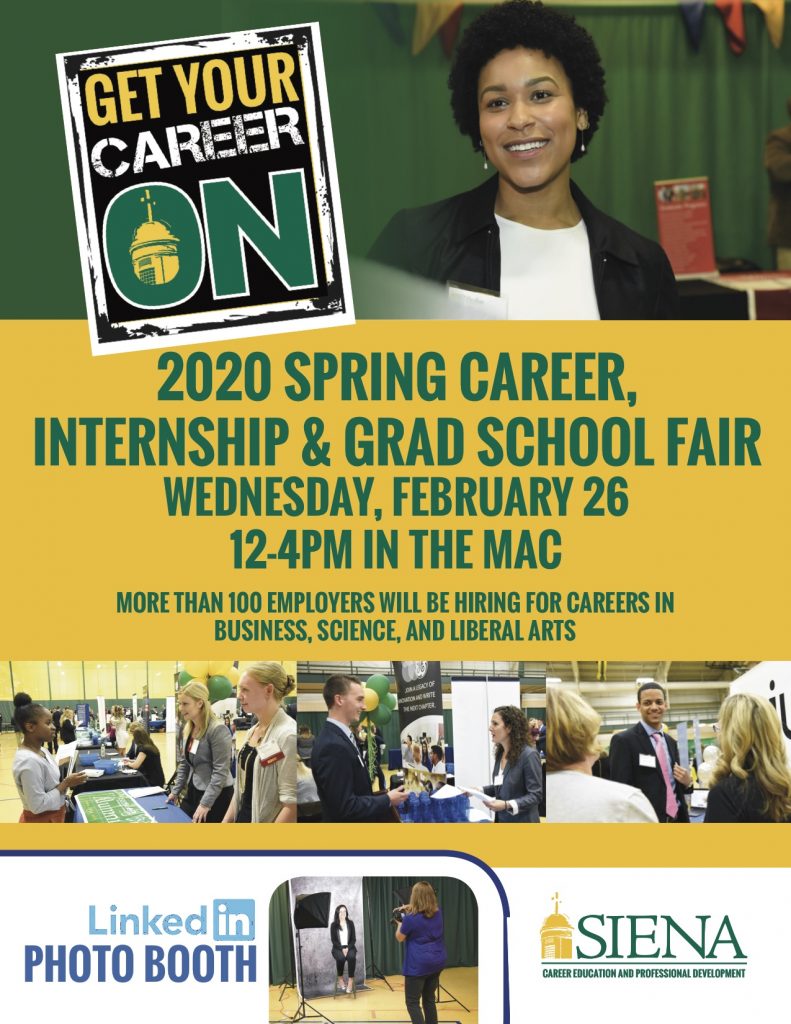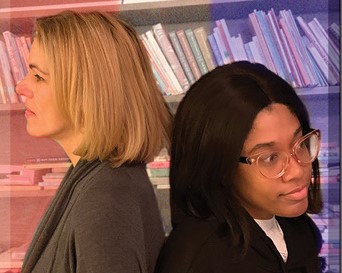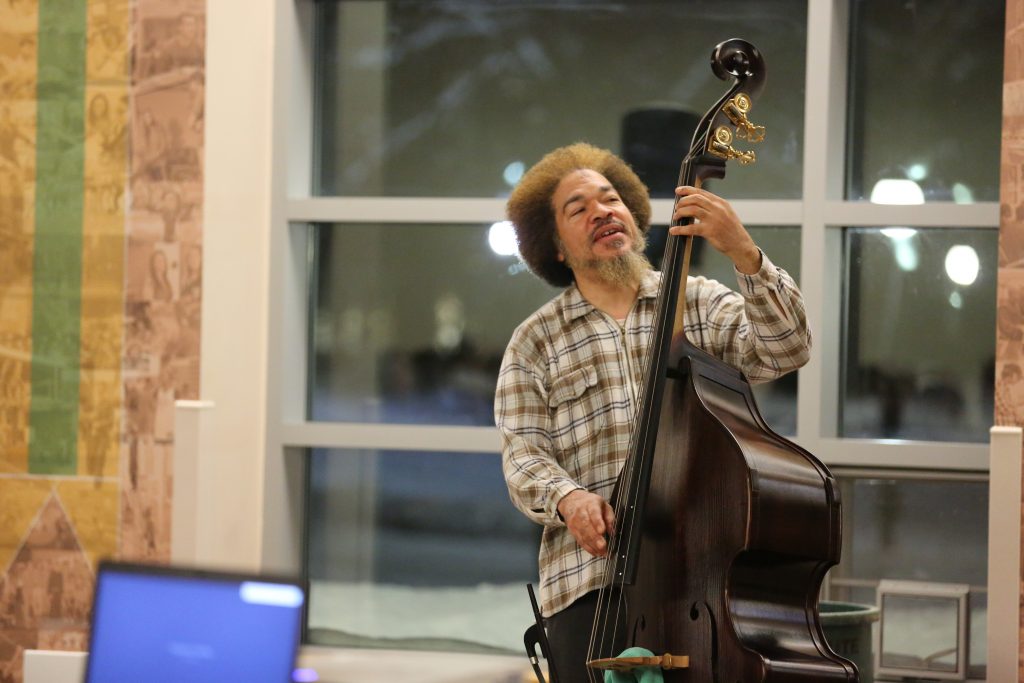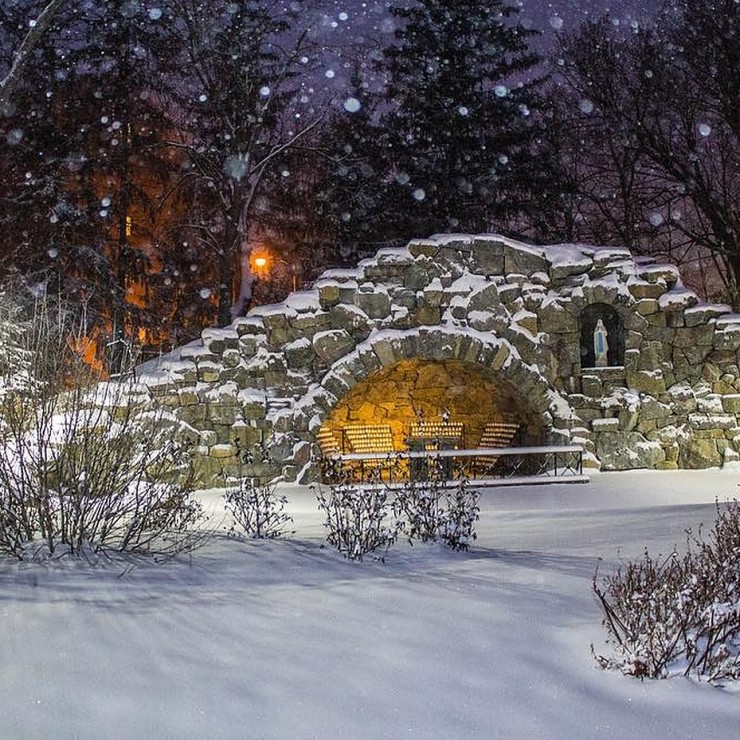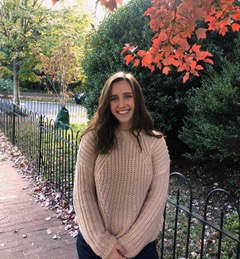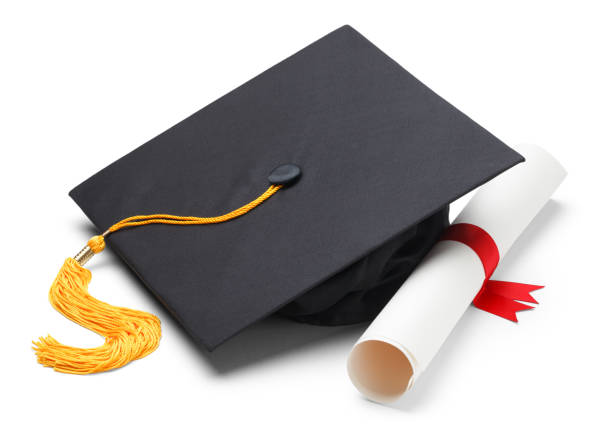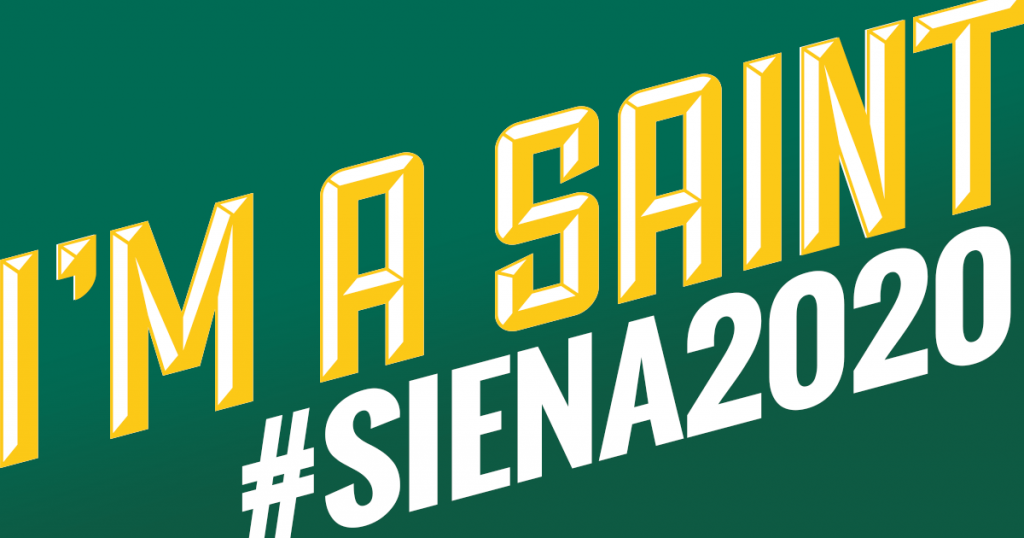
This post was supposed to be a list of ways to stay academically motivated during the transition to remote instruction. Tips such as staying in a routine and creating an organized workspace were to be included. The piece was going to carry an optimistic tone and would intend to help students navigate this drastic shift in their educational experience. However, this will not be that post because like the rest of the class of 2020, I am nothing short of heartbroken by the announcement we all just received.
This morning, the Siena community received the news that students would not be returning to campus this semester.
The news was almost inevitable and students had been preparing for such an announcement for over two weeks. As New York remains an epicenter for the spreading of COVID-19, the decision was made with the safety of students, faculty, and staff as the top priority of Siena’s administration. We know that moving forward with complete remote instruction and a postponement of Commencement was the absolute best choice for our health and the health of the greater community.
And yet, as someone who was supposed to cross the stage at the Times Union Center on the morning of May 17th, I am still absolutely heartbroken.
As part of the class of 2020, right now the emotions range from feeling devastated to appreciation towards the administration for prioritizing our wellbeing. From guilt over our own sadness in this situation to being fearful about what may come next as a result of this crisis. From frustration as it feels as though there is little we can control to confusion about what we should be doing next.
With all of this being said, to my fellow seniors, I have few other words than I am so sorry.
Feel whatever you are feeling. Take time to wrap your head around all of this as I know it is difficult to process. Being optimistic in a time like this is admittedly challenging, but as Saints, we will persevere. We have 3 and ¾ years of memories that cannot be erased by any crisis and will not be overshadowed by the loss of our final few weeks. I hope to see you all when we meet again in August to celebrate our academic achievements, unforgettable memories, and overcoming this crisis. Stay safe and well, Saints.
